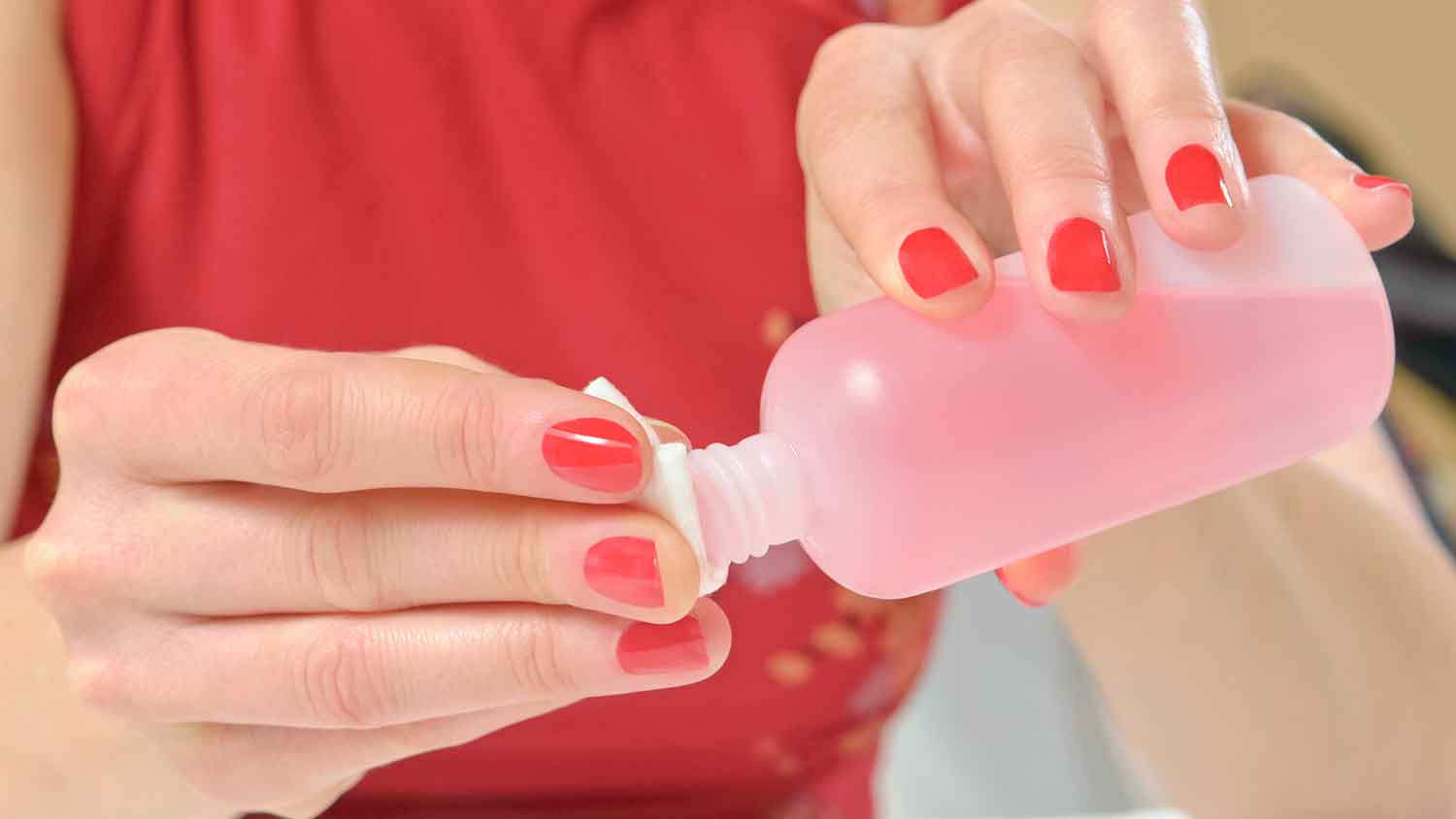
The cost to paint the interior of a house in Philadelphia, depends on size, layout, type of surface, and more. Learn what factors can influence your total in this guide.
A not-so-thin guide to thinning your paint without harmful chemicals


Whether you’re trying to become the next Van Gogh or simply sprucing up your bedroom walls, working with paint sometimes requires a paint thinner. But if you’re not a fan of toxic chemicals or need something in a pinch, there are a number of household items you can use as an alternative to paint thinner to make your paint thin enough to fit your needs.
Like the name suggests, a paint thinner is a solvent used to thin paint or remove paint from your tools like brushes and rollers. Paint thinner takes the form of many solvents, including the commonly used turpentine and acetone, as well as the difficult-to-pronounce naphtha, toluene, methyl ethyl ketone (MEK), dimethylformamide (DMF), glycol ethers, and xylene.
These powerful solvents break down paint and reduce its viscosity, making it more fluid and easier to apply—especially if you’re using a paint sprayer.
You already bought all this paint, and now you’re being told you have to buy another product — it may seem like too much. But, when it comes to paint thinner, the benefits outweigh the price.
Different kinds of paint can be especially viscous (or, if you want to get technical, gloopy), so using a paint thinner helps you get a smoother finish, showing fewer brush marks on the final result. Thinning paint can also extend its life, so you can enjoy your hard work for years to come.
Painting a room is a messy endeavor that may involve an accident or two, and while that color may look good on your walls, it probably won’t on your floors. A paint thinner can make cleaning up messes a breeze, as well as help you remove the paint from all your tools to keep them clean for the next color change.
With so many benefits of thinning your paint, you may wonder why you’d need a paint thinner alternative at all. Well, all those chemicals outlined above mean paint thinner contains volatile organic compounds (VOCs), which cause irritation to the eyes, nose, throat, and skin.
That makes handling paint thinner a little more complex, requiring gloves and a mask to be safe. VOCs can also build up in the room over time, impacting long-term health and air quality.

Thankfully, there are alternatives to paint thinner you may have lying around your home or available at your nearest hardware store.
One of the most common paint thinner alternatives is mineral spirits. Made from 100% petroleum distillates, mineral spirits contain no additives, are odor-free, and contain none of the harmful chemicals used to make paint thinner.
In fact, it’s so effective there are even some paint products specifically designed to be used with mineral spirits. While a more costly option, mineral spirits are worth the cost for anyone looking for a less toxic and odor-free alternative.
You likely have this one in your bathroom cabinet already. One of the active ingredients in most nail polish is acetone, which happens to be a main ingredient in common paint thinners. While you shouldn’t use nail polish remover to thin your paint for easier application, it works great to fix mistakes and clean up your tools.
What’s more natural than what grows from the ground? Citrus oil, typically made from orange peels, is a clear, food-safe solvent that’s very effective for thinning oil paint or cleaning paint off brushes and equipment.
Lavender spike oil, made from the Lavandula latifolia plant, is a strong, slow-drying solvent that acts much like turpentine but smells better. Linseed oil was once a very popular paint-thinner alternative, but fewer oil-based paints on the market use linseed oil these days, so the results may vary.
From average costs to expert advice, get all the answers you need to get your job done.

The cost to paint the interior of a house in Philadelphia, depends on size, layout, type of surface, and more. Learn what factors can influence your total in this guide.

The cost to paint the interior of a house in Indianapolis, IN depends on size, layout, type of surface, and more. Learn what factors can influence your total in this guide.

The cost to paint the interior of a house in Washington, D.C. depends on size, layout, type of surface, and more. Learn what factors can influence your total in this guide.

What are the best paint colors that complement red brick? Check out our guide to discover the right shade of paint for your red brick home.

Have an old piece of wood furniture that desperately needs a refresh? Learn how to paint over stained wood and if this is a DIY project well-suited for you.
.jpg?impolicy=leadImage)
Painting your kitchen cabinets may take some elbow grease, but you’ll get a kitchen makeover without a lot of money. Here’s how to paint cabinets for a new look.